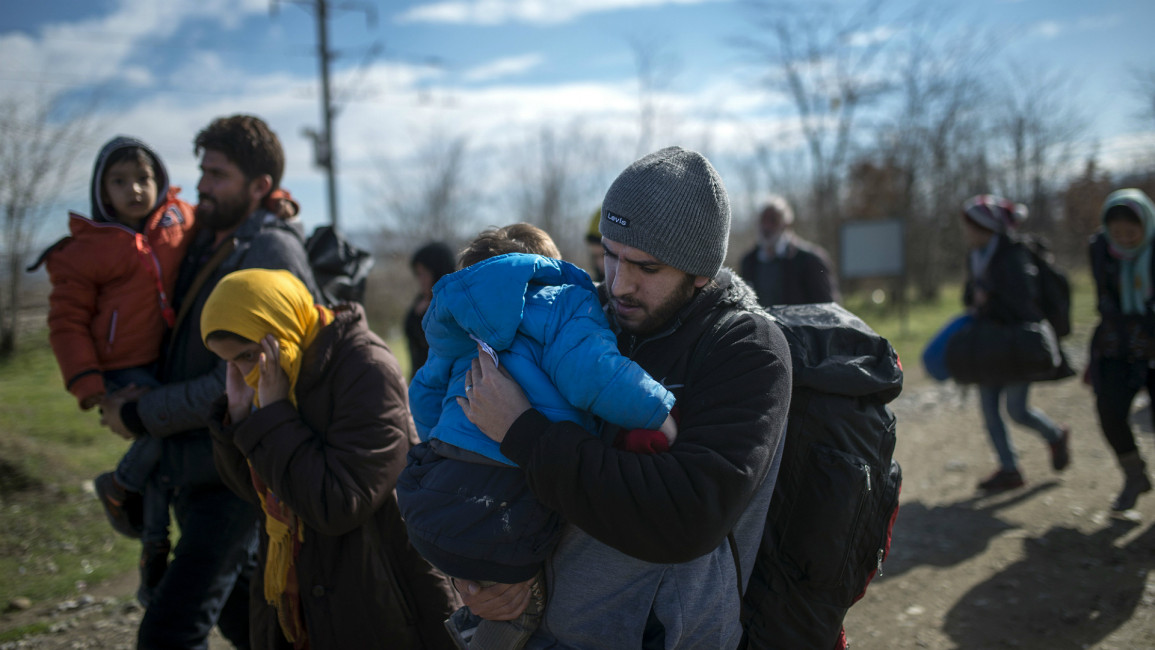Control borders but don't shut them, says Dutch minister
Dutch Foreign Minister Bert Koenders said on Sunday that Europe must control its borders but not close them, as divisions deepen over how the continent should stem its huge influx of migrants.
Koenders, whose country currently holds the European Union's rotating six-month presidency, rejected calls for Macedonia to seal off its borders as he visited the capital Skopje.
"Some (EU) member states have urged Macedonia to close its border with Greece," Koenders said after a meeting with his Macedonian counterpart Nikola Poposki.
"Effective border control is most important rather than this moment going into a closure."
Macedonia is not a member of the EU but as a transit country on the Balkan route towards northern Europe, hundreds of thousands of refugees and other migrants passed through its territory last year after landing on Greek beaches from Turkey.
Austria's Foreign Minister Sebastian Kurz on Friday warned Macedonia that it should be ready to close its border to migrants, saying Vienna may also begin turning refugees away in coming months.
Since November only refugees from Syria, Afghanistan and Iraq have been allowed to cross the Macedonian-Greek border, but migrants from other countries have still tried to get across.
Macedonia is building a new razor-wire fence parallel to an existing one on the Greek border to make it harder for migrants to enter illegally.
Koenders said he still believed it was possible to prevent a "domino effect" in border closures and find a solution to Europe's worst migration crisis since World War II.
"As EU president it is our task especially to talk with Austria, Macedonia, but also with Greece to make sure to find an effective solution to the issue of migration," he said.
"I still think it is very much possible."
Koenders, whose country holds the rotating 6-month EU presidency, told reporters in the Macedonian capital Skopje that the Netherlands will continue to talk with Austria, Macedonia and Greece to find an effective solution on migrants and avoid unilateral measures.
He said he thinks it is still possible to avoid a "domino effect and an uncontrollable situation."
Koenders also pointed out the need for EU countries to take special care for vulnerable groups of migrants, such as women and children.
Koenders was in the border town of Gevgelija Sunday and will cross into Greece. He will meet with Greek Prime Minister Alexis Tsipras later Sunday.


![President Pezeshkian has denounced Israel's attacks on Lebanon [Getty]](/sites/default/files/styles/image_684x385/public/2173482924.jpeg?h=a5f2f23a&itok=q3evVtko)





